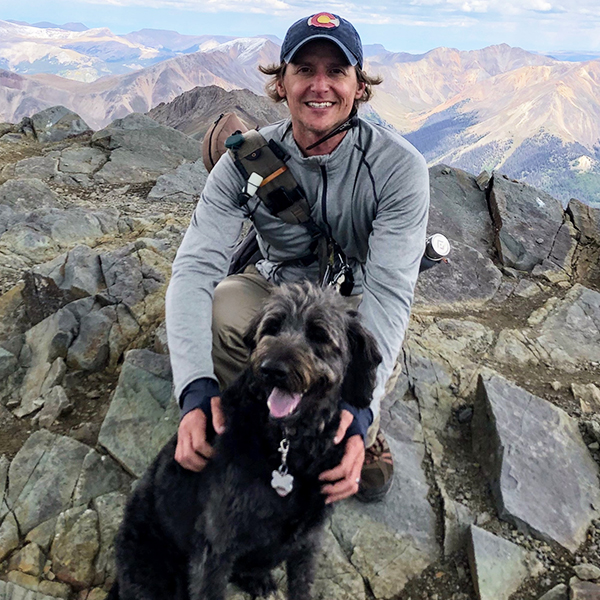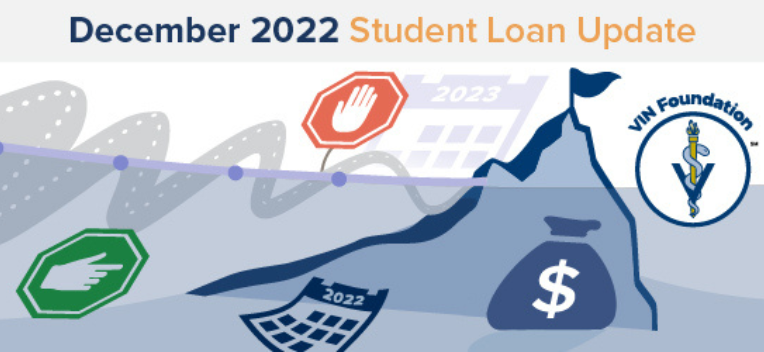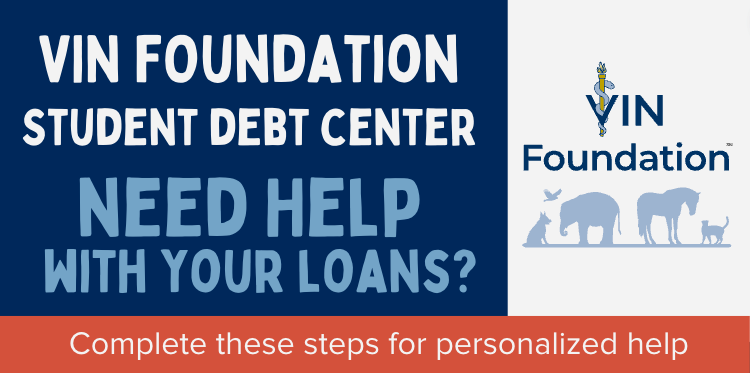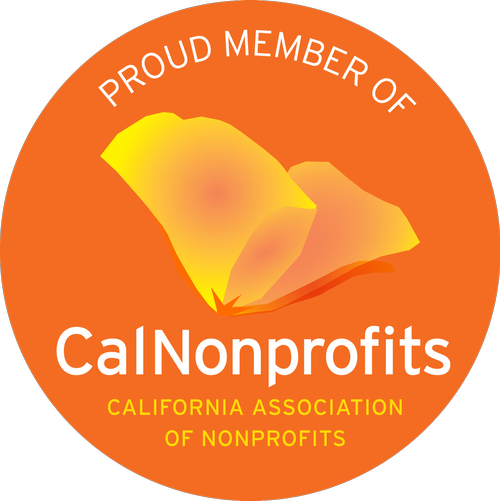What a crazy busy year in the world of student debt!
It appears some of these changes and opportunities to possibly diminish your debt and shorten your repayment period will continue into 2023. As you’ve probably heard by now, on November 22nd the Department of Education announced another extension of the pandemic forbearance benefits for federal student loans.
It can be hard to keep up with how continued changes apply to your situation.
Updates at a glance:
- Federal student loan pandemic forbearance benefits extended until the Supreme Court rules on the cancellation benefits, no sooner than February 2023.
- No payments, no interest, continued forgiveness credit, and more time to request a refund of payments made since March 13, 2020.
- More incentives for veterinarians to consolidate non-Direct Loans and take full advantage of the one-time forgiveness count adjustment.
- Changes to student loan interest capitalization provide new opportunities for getting started in repayment as well as switching between REPAYE and PAYE.
The November 22nd extension of the pandemic forbearance benefits is open-ended. The benefits will end either 60 days after the courts decide on the special one-time cancellation benefits or no later than 60 days after June 30, 2022 if no decision is made before then.
The Supreme Court has agreed to hear the student debt cancellation case in February, 2023. There will not be a resolution until at least then and likely not until the Supreme Court decisions are released in spring of 2023. This interval presents some unique opportunities for veterinary students and veterinarians.
Current Veterinary Students
Veterinary students rejoice! The longer student loan interest rates are set at zero, the less you’re going to pay for your veterinary education. With the benefits starting on March 13, 2020, there is a chance that the 2023 graduating veterinary students will have nearly no interest accrual on their veterinary school student loans.
Normally, student loan interest can add tens of thousands to the total student loan balance during school. With interest rates increasing in the near-term, it will be imperative for early year veterinary students to keep total borrowing costs as low as possible by learning and following the VIN Foundation’s Borrow Better resources. It’s always easier to manage less in repayment than more. Students will want to have as low a principal balance as possible when student loan interest is turned back, likely sometime in 2023.
Soon-to-be Veterinarians, Class of 2023
With your borrowing mostly complete, the recent extension will save you (and your graduated colleagues) the most. However, your class will be the first to experience changes to how and when unpaid interest capitalizes, i.e. gets added to your principal. These changes also mean adjusting your approach to entering repayment following graduation.
First, make sure that you file a tax return for 2022 by the tax filing deadline (Monday, April 18, 2022). It’s always easier to apply for an income-driven repayment plan with a recent tax return on file.
Second, there is a catch-22 for your specific class. While there is now a bigger incentive to wait until your grace period ends to apply for an income-driven repayment plan, you may also benefit from consolidation and entering repayment sooner since your class will have such minimal unpaid interest to capitalize. Do you capitalize your minimal unpaid interest to get into repayment sooner and get your forgiveness clock ticking OR do you wait until your grace period expires to avoid the capitalization? The answer will depend on the complexity of your student loan portfolio at graduation:
- If you have all Direct Loans only from veterinary school with an unpaid interest balance, consider waiting for your grace period to expire and apply for your repayment plan a month before you enter repayment. Doing so will prevent any unpaid interest from capitalizing.
- If you have all Direct Loans, with some from before veterinary school and most from veterinary school, you may consider consolidating at least your non-veterinary school loans. The changes to capitalization only apply to loans that have not yet been in repayment. If you have loans that have already used up their grace periods, then unpaid interest capitalization will capitalize when exiting your second in-school deferment. Those loans can be consolidated or you can apply for repayment after graduation.
- If you have both Direct and non-Direct Loans in your portfolio (FFELs, HPSL, LDS), you may consider consolidating those along with any non-veterinary school loans that have already used their grace period. Getting your non-Direct Loans into a Direct Consolidation Loan will allow you to have one loan servicer and a single payment covering all of your Direct Loans.
BONUS STRATEGY: For those of you heading into a veterinary internship, residency, or other advanced education opportunity that will pay you a low income, there is also new student loan repayment startegies for you to benefit from. If you have a very high starting student debt to income ratio or temporarily low income and you are not married, get your repayment started with REPAYE. REPAYE has a 50% unpaid interest subsidy that will cover your student loan interest accrual (once the forbearance benefits end). And because there will no long be any unpaid interest capitalization when switching from REPAYE to PAYE after July 1, 2023, you can reduce your total loan repayment costs by switching from REPAYE to PAYE after your temporarily low income situation is over.
Join VIN Foundation this spring for the Class of 2023 Student Loan Playbook. You’ll learn what’s new regarding student loans, how to best understand your options, and how to get started in repayment.
Graduates of the Pandemic (Classes 2020, 2021, 2022)
If you haven’t already done so, perform a “physical exam” of your student loans.
Have you selected a repayment plan? If not, your loans are in a pandemic forbearance status, but will resume in a standard 10 year repayment plan once the benefits expire.
Be cautious about consolidating now if you have not already done so. Recent guidance for those whose grace periods expired during the forbearance period allows for your unpaid interest to not capitalize. You should even see any unpaid interest capitalization undone if previously capitalized after your grace period expired.
If you have a student loan portfolio with both Direct and non-Direct Loans, there has never been a better time to consolidate at least your non-Direct Loans into a Direct Consolidation Loan to help you simplify repayment.
If you do not yet see a repayment plan listed for your loans during your physical exam, then choose a plan before the forbearance benefits expire, likely sometime in 2023. If you choose (or have chosen) an income-driven plan, note your renewal anniversary date to see when and how much your payment will be. The timing of your renewal date can even help you as you strategize your tax filing status for 2022. Review the recent graduate student loan renewal note post here.
Pre-Pandemic Graduates (Class of 2019 and earlier)
For many borrowers with older student loans, there has never been a better time to consolidate those loans into a Direct Consolidation Loan. If your student loan portfolio includes a privately held FFEL you may want to take advantage of the one-time forgiveness count adjustment before May 1, 2023. Start your application sooner rather than later to take advantage of the recently extended (again) pandemic forbearance benefits and get any questions answered you have about consolidating.
If you need student debt help, reach out to VIN and VIN Foundation. We have free online tools like the VIN Foundation Student Debt Center and special message board areas to help you make sense of your options. If you have questions on any of the available tools and options, reach out to [email protected].

Dr. Tony Bartels graduated in 2012 from the Colorado State University combined MBA/DVM program and is an employee of the Veterinary Information Network (VIN) and a VIN Foundation Board member. He and his wife have more than $400,000 in veterinary-school debt that they manage using federal income-driven repayment plans. By necessity (and now obsession), his professional activities include researching and speaking on veterinary-student debt, providing guidance to colleagues on loan-repayment strategies and contributing to VIN Foundation initiatives.


